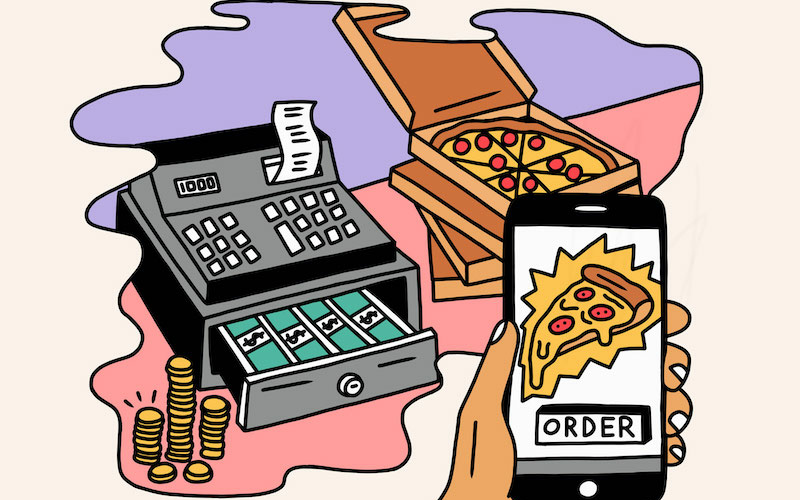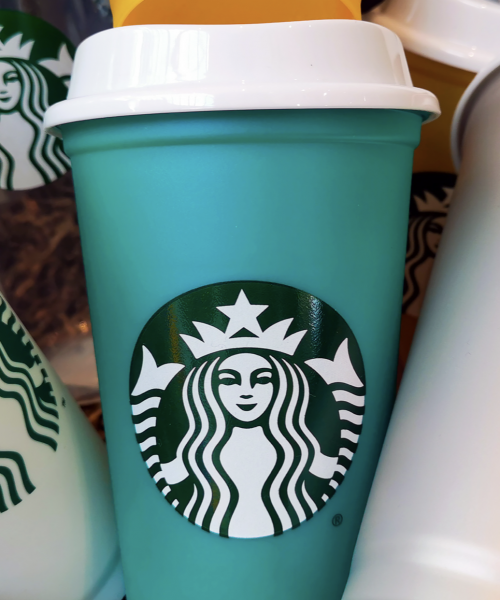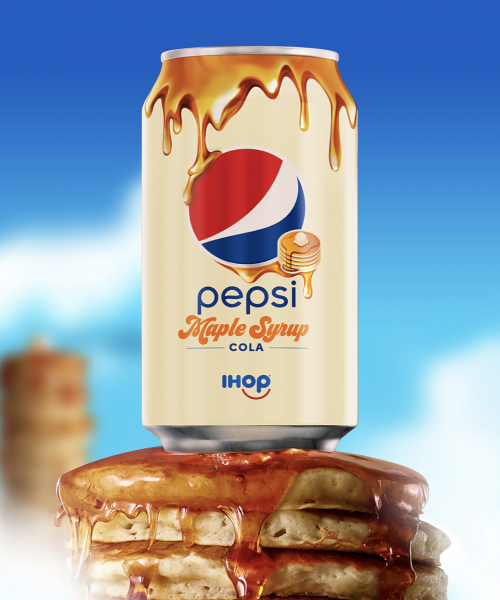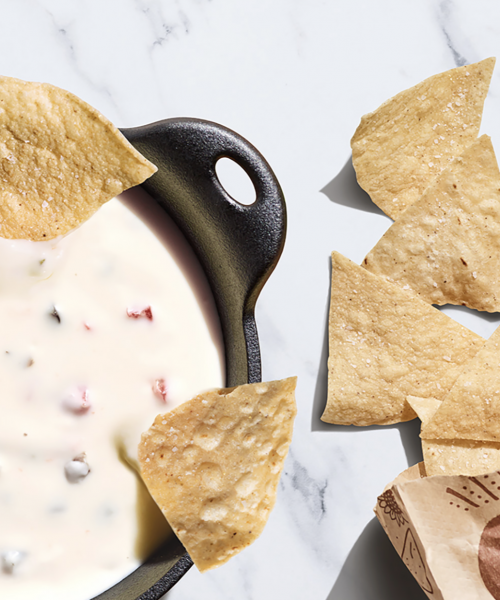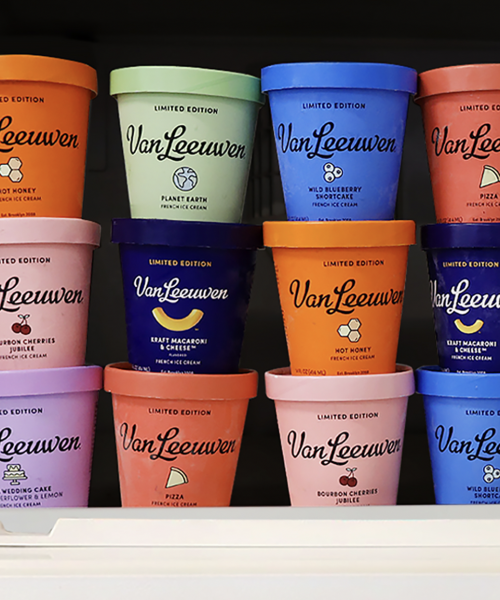By Priya Krishna | FoodAndWine.Com
Troy Warren for CNT
With a business model that doesn’t gouge restaurants, ChowNow wants to turn the tables on third-party delivery apps.
Christopher Webb bristles when people call his service a “delivery company.” That’s because even though, yes, restaurants do use ChowNow, of which Webb is the CEO and cofounder, to operate delivery and takeout, he doesn’t see the business in the same category as, say, DoorDash or Grubhub.
For one thing, instead of charging restaurants commissions on every order-which often ensures that restaurants either never see a profit on a dish or else have to raise prices-ChowNow operates on a subscription model. Restaurants pay a flat monthly fee ranging from $99 to $149 a month, and in exchange, ChowNow sets them up with online ordering, payment processing, and infrastructure for running takout and delivery. Also unlike many delivery companies, ChowNow doesn’t insist that customers order on its app (though that’s an option); restaurants can build the service into their own website (or ChowNow helps them build a personalized app) so ordering happens on a restaurant’s own turf.
When Webb and cofounder Eric Jaffe started ChowNow in 2011, their goal was to level the playing field between restaurant chains and independent restaurants, allowing the latter to put their front-of-house online without sacrificing profits. “How do you build a platform that allows any restaurant in the country, with any budget, without any technical knowledge, to essentially have the same tools [as a big chain]?” Webb remembers asking.
When the pandemic shut down indoor dining, it became clear that takeout and delivery were going to become much bigger industries. And with that came the realization that the commission model used by the major delivery companies was neither fair nor sustainable.
“What we have heard from restaurants over the past year has been, ‘When takeout was 15% of my overall business, I hated the commissions, but the numbers were never big enough to take action,'” Webb says. But when takeout and delivery became the majority of restaurants’ revenue, they found they were “crushed by commissions.”
Many diners saw the impact of this firsthand as their favorite places were forced to close even after pivoting to delivery. “I think it hit an emotional nerve,” Webb says. Diners realized, “We have to protect our community, and restaurants are a big part of that.”
Over the past year, ChowNow has seen its number of restaurant partners almost double. Since 2019, order revenue from those restaurants has gone from $500 million to $2 billion. But instead of ChowNow pocketing a large chunk of that $2 billion, most of it has gone straight back to the restaurants.
Other companies are also trying to make takeout and delivery more equitable, including Black and Mobile, which highlights Black-owned businesses, and Chowbus, which partners with independent Asian restaurants. But only ChowNow, which has more than 20 million active users and surpassed 100 million orders at the end of 2020, is at the scale to compete with the larger corporate players.
Still, the company doesn’t have the marketing dollars or brand recognition of a Grubhub or a DoorDash, instead relying on grassroots marketing to bring new partners. Webb says one of the biggest challenges is getting restaurant owners to understand that there’s an alternative to paying big commissions-and that there are plenty of conscientious diners who want to help independent restaurants succeed. Core to ChowNow’s success, he says, is a bet that people are ultimately more attached to their favorite restaurants than they are to delivery platforms.
“I have never heard anyone say, ‘I am craving Grubhub tonight,'” Webb says. “You crave your local restaurants.”


























